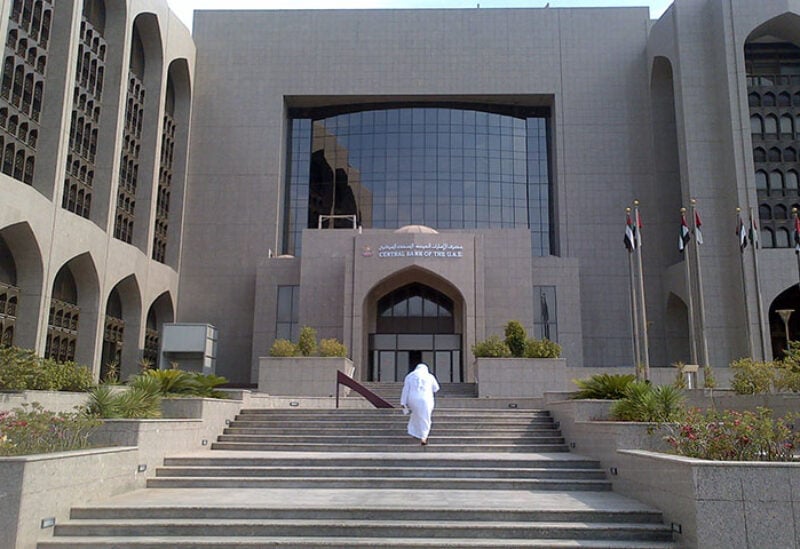
Central Bank of the UAE to boost women board membership
The UAE Central Bank has implemented a new regulatory framework to oversee banks’ exposure to the country’s real estate sector.
The new criteria apply to all sorts of on-balance-sheet loans and investments, as well as off-balance-sheet exposure to the real estate sector, according to a statement issued by the regulator on Monday.
According to the CBUAE, improved regulation will enable for the implementation of best practices in bank real estate finance and risk management.
“The CBUAE has created an innovative, risk-based approach to improve monitoring and supervision of bank real estate exposures,” says the report “Khaled Balama, governor of the CBUAE, stated “These new guidelines will improve best practices in real estate finance in the UAE while also enhancing the safety and soundness of our financial system.”
According to him, lenders in the nation would continue to play a “critical role” in funding the real estate and construction industries, which are important elements of the UAE economy.
According to the Central Bank’s Financial Stability Report for 2020, lending by UAE banks to the real estate industry increased by 7.4 percent in 2020, a slower rate than the 7.9 percent reported the previous year.
According to the research, banks’ overall exposure to the construction and real estate sectors reached Dh439.2 billion ($119.67 billion) in 2020, with the bulk loaned to finished real estate projects accounting for 72 percent of total real estate loans.
The UAE property market has turned a corner following a three-year oil price collapse that began in 2014 due to oversupply worries and the resulting epidemic. People relocating to larger houses with outdoor facilities are driving the recovery, as is an increase in remote working and online learning.
An expedited immunization campaign, economic assistance measures, and government efforts – such as residence permits for seniors and distant employees and the expansion of the 10-year golden visa program – have all contributed to improved market mood.
The new legislation will go into effect on December 30, this year, and will be preceded by a one-year observation period during which banks will be forced to improve their operations in order to comply with the new requirements.
According to the announcement, the Central Bank would examine these requirements based on a supervisory examination during the observation period.
According to the regulator, comprehensive requirements compel UAE banks to assess and improve their internal procedures to ensure sound underwriting, valuation, and general risk management for their real estate exposures.
The new approach will also quantify these exposures using credit risk-weighted assets and the CBUAE’s capital adequacy rules.
Banks with greater risk-weighted real estate exposure in their portfolios would face a more thorough supervisory scrutiny of their underwriting and risk management methods in this area, according to the regulator.
According to the Central Bank’s second-quarter evaluation, the UAE economy is expected to increase by 2.1 percent this year, owing to pandemic-mitigation efforts such as a quick Covid-19 vaccine campaign and extensive testing. The economy is predicted to increase at a rate of 4.2 percent in 2022, up from the earlier prediction of 3.8 percent.
The Central Bank has extended supportive measures targeted at assisting lenders in mitigating the consequences of the Covid-19 epidemic for another six months, until mid-2022.
Relief measures for banks’ capital buffers, liquidity, and steady funding needs will be extended until the end of June next year for all lenders operating in the UAE, according to a December 18 statement from the bank.
The measures are part of the targeted economic support scheme programme that was introduced at the start of the pandemic in 2020.